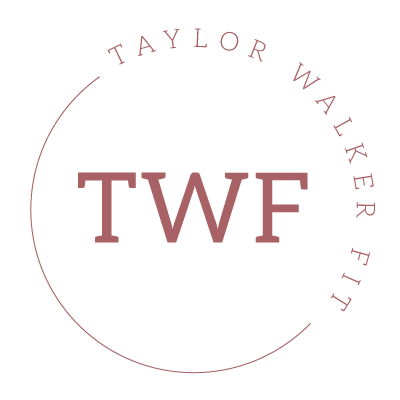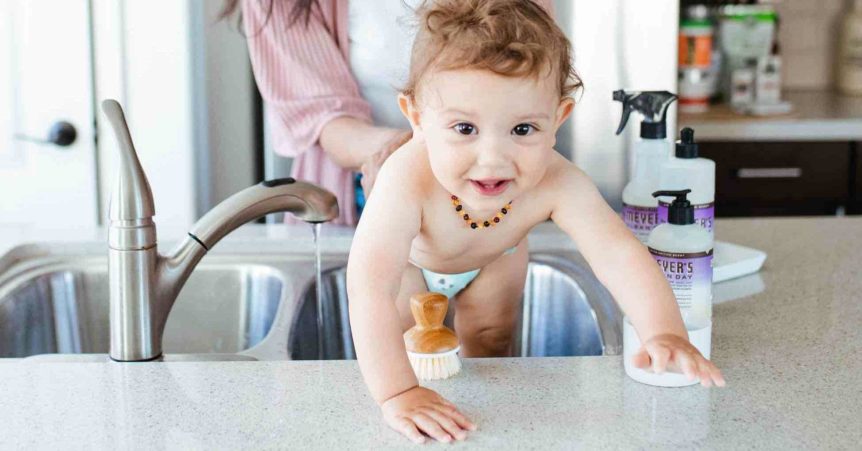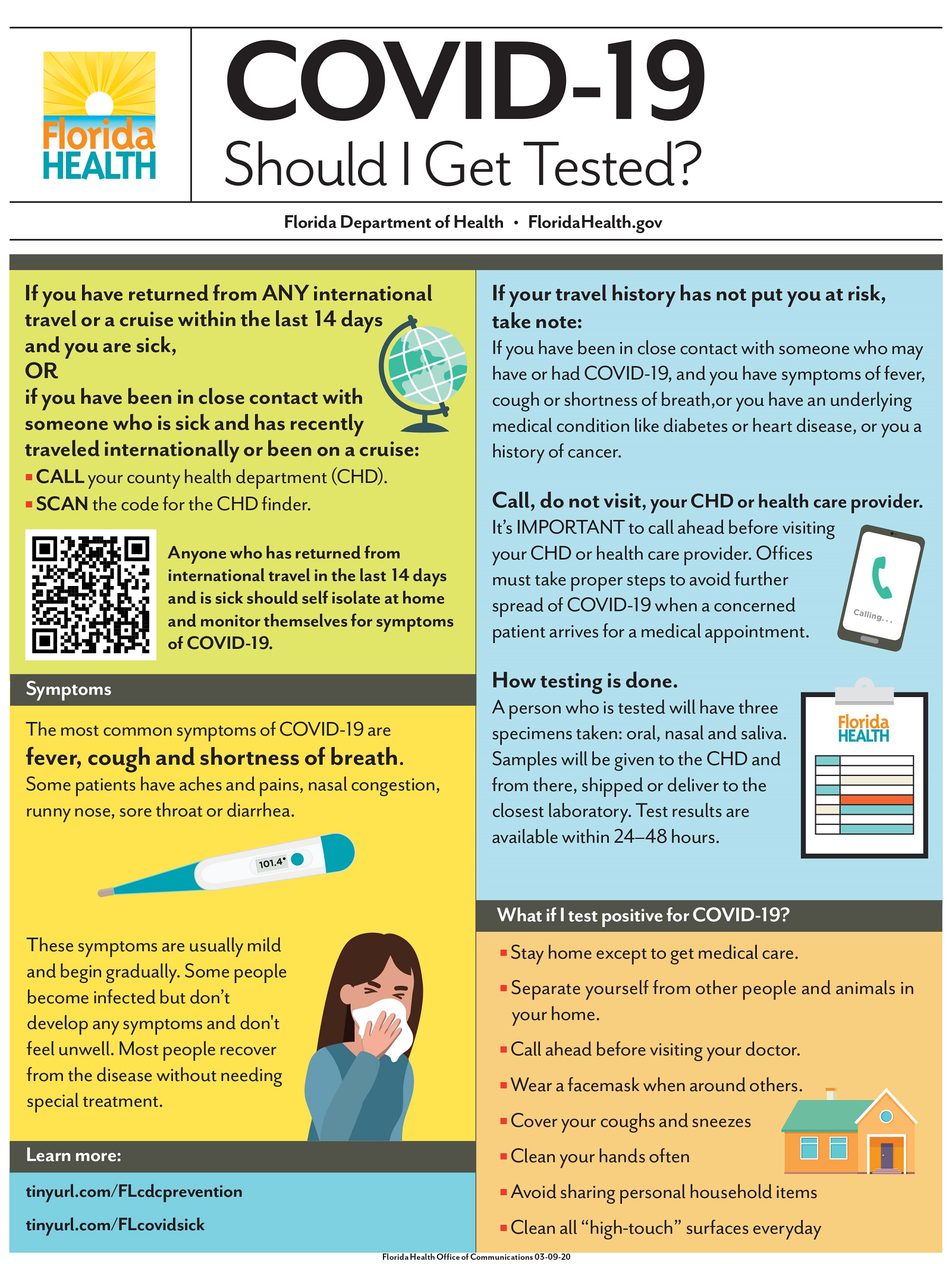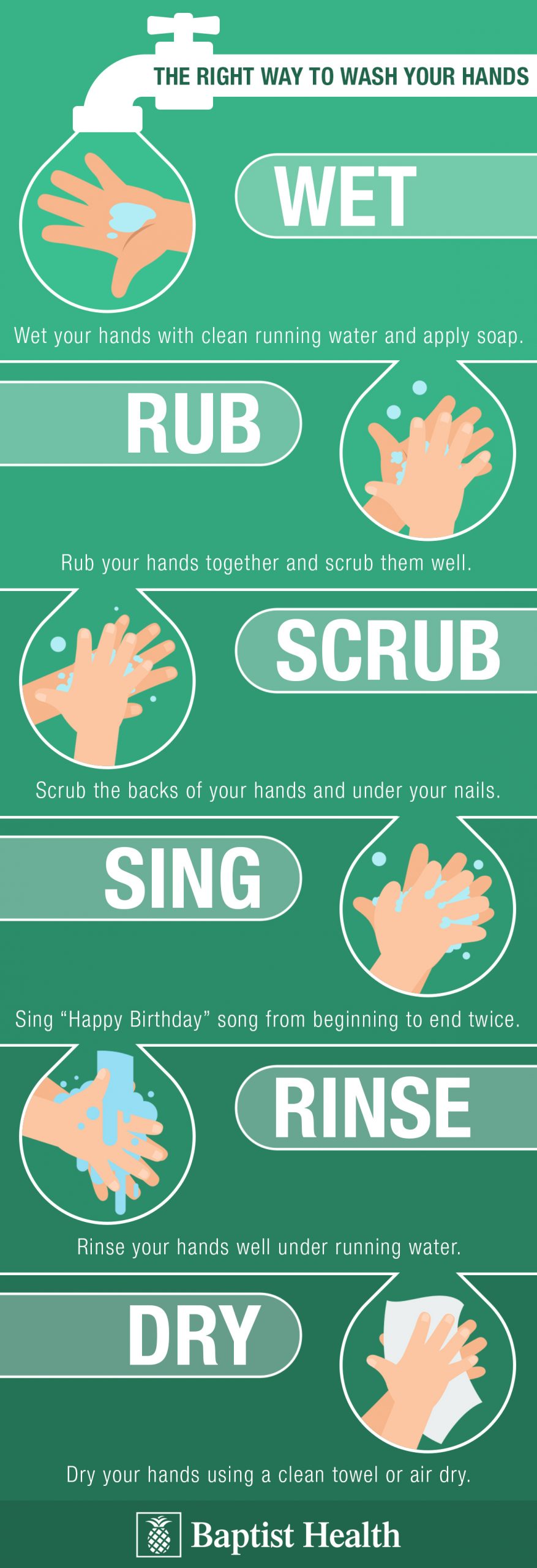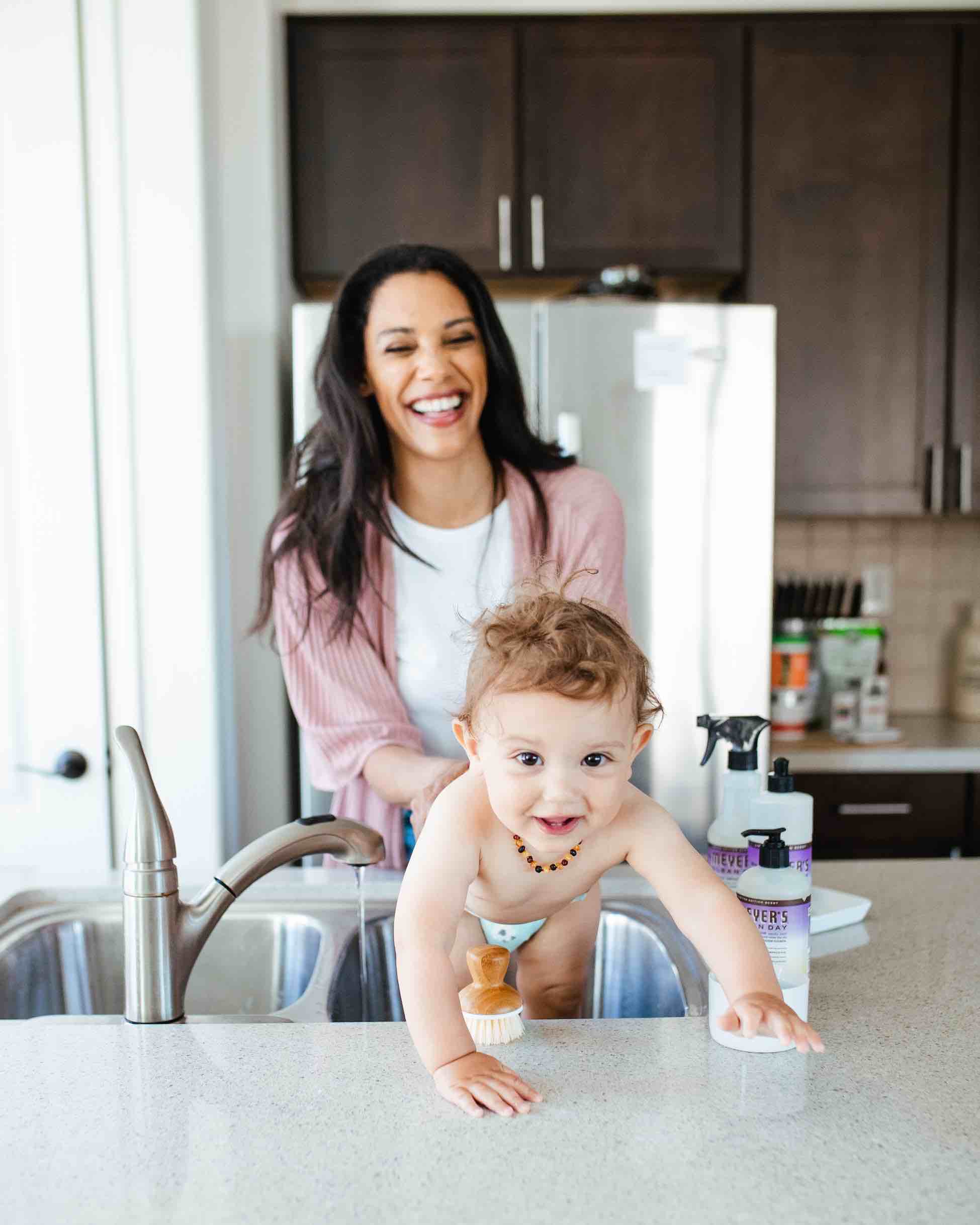
“This too shall pass.” A simple sentiment stated by Barry’s CEO yesterday after sharing the fact that we will temporarily close our doors due to COVID-19. Right now we are in the midst of an extremely scary and unnerving worldwide pandemic. The mear word pandemic is one that I literally never uttered until this week. I have lost two blog collaborations due to manufacturing issues and with a two week Barry’s closure, without the ability to work remote, reality has set in for myself and my family.
Because I live in a home with another 30-something, healthy adult and an infant, our odds of losing our life to COVID-19 is low, but if we contract the virus and are asymptomatic, how could that ultimately affect the elderly around us? The thought of spreading the virus to an elder is enough to help make a socially conscious choice to simply stay at home and “flatten the curve”.
Voluntary Quarantine is half the battle, but what are some other things we can do? I reached out to the experts at Baptist Health South Florida for some advice.
According to this article from Baptist Health South Florida, they encourage elbow bumps instead of handshakes or fist bumps and encourage you to keep at least SIX feet of distance between yourself and another person.
“This is not the time for shaking hands,” said Aileen Marty, M.D., professor, Infectious Diseases, at Florida International University’s Herbert Wertheim College of Medicine during the panel discussion.
(Watch now: The Baptist Health News Team hears from Aileen Marty, M.D., professor, Infectious Diseases, at Florida International University’s Herbert Wertheim College of Medicine.)
The article also states 3 main symptoms to be aware of:
- Fever
- Cough
- Mild Respiratory Distress (shortness of breath)
If you have any of these symptoms and feel the need to be tested use this infograph to determine if a test should be administered:
I have never washed my hands more in my entire life! Nothing can replace antibacterial soap and water. Even hand sanitizers. Although, they are helpful in killing germs, when your hands are extremely dirty or greasy, they may not be able to protect you from infection.
When should you wash your hands? The CDC recommends handwashing:
- Before, during, and after preparing food; and before eating food
- Before and after caring for someone who is sick
- Before and after treating a cut or wound
- After using the toilet
- After changing diapers or cleaning up a child who has used the toilet
- After blowing your nose, coughing, or sneezing
- After touching an animal, animal feed, or animal waste
- After handling pet food or pet treats
- After touching garbage
For my South Florida readers, Baptist Health South Florida is offering a free visit. Use the code CARE19 if you have any concerns, symptoms or are in need of a medical professional.

